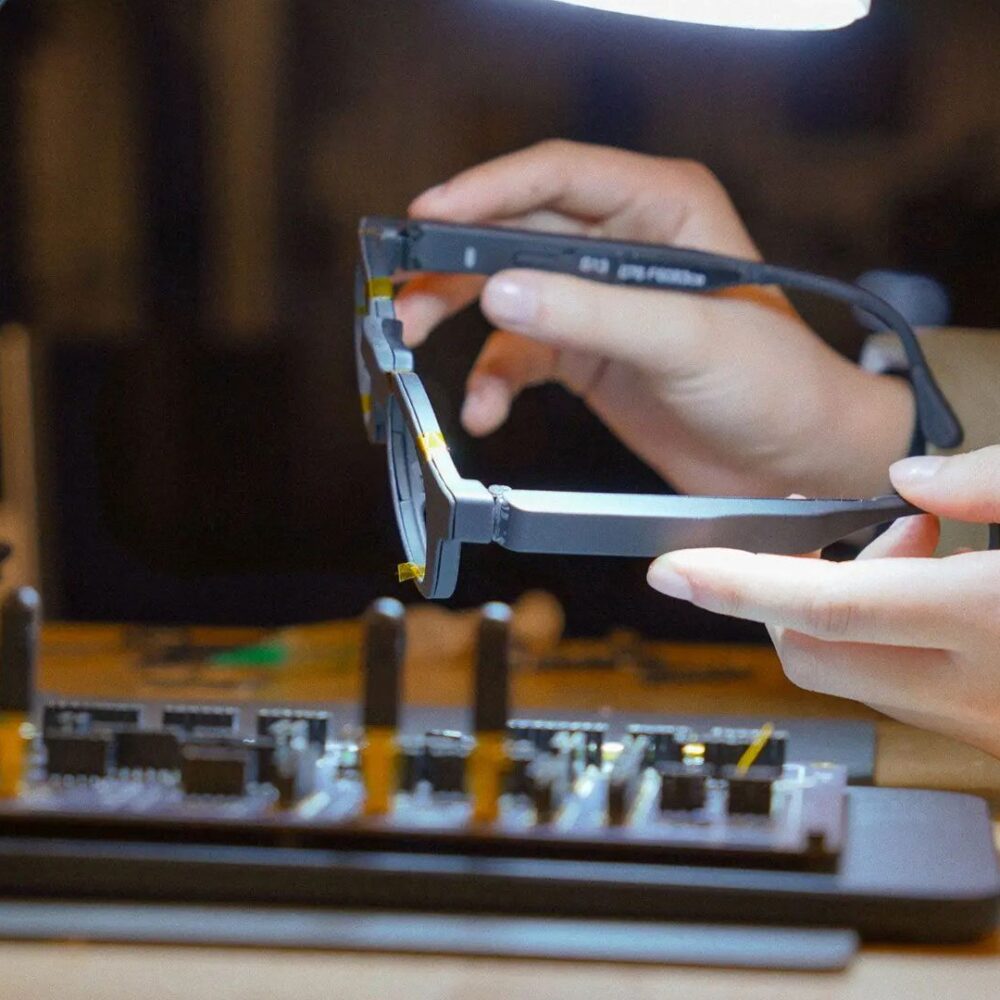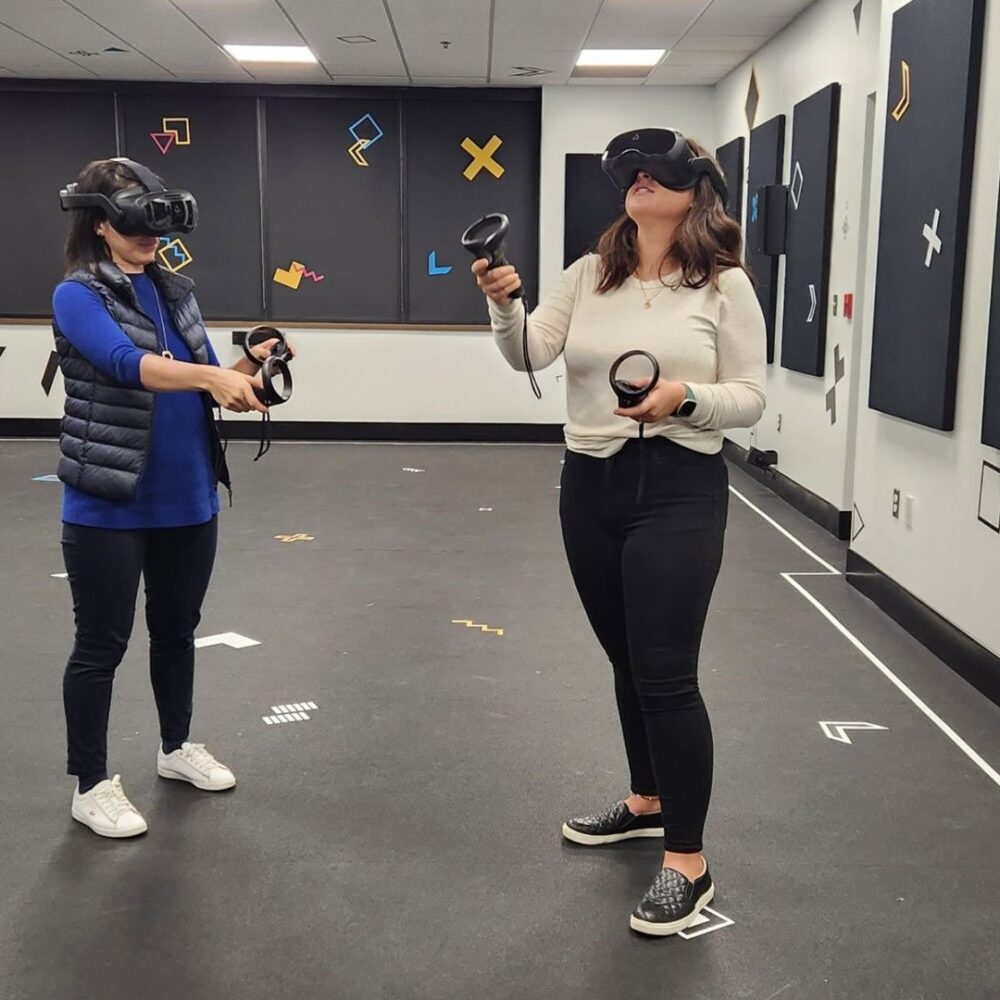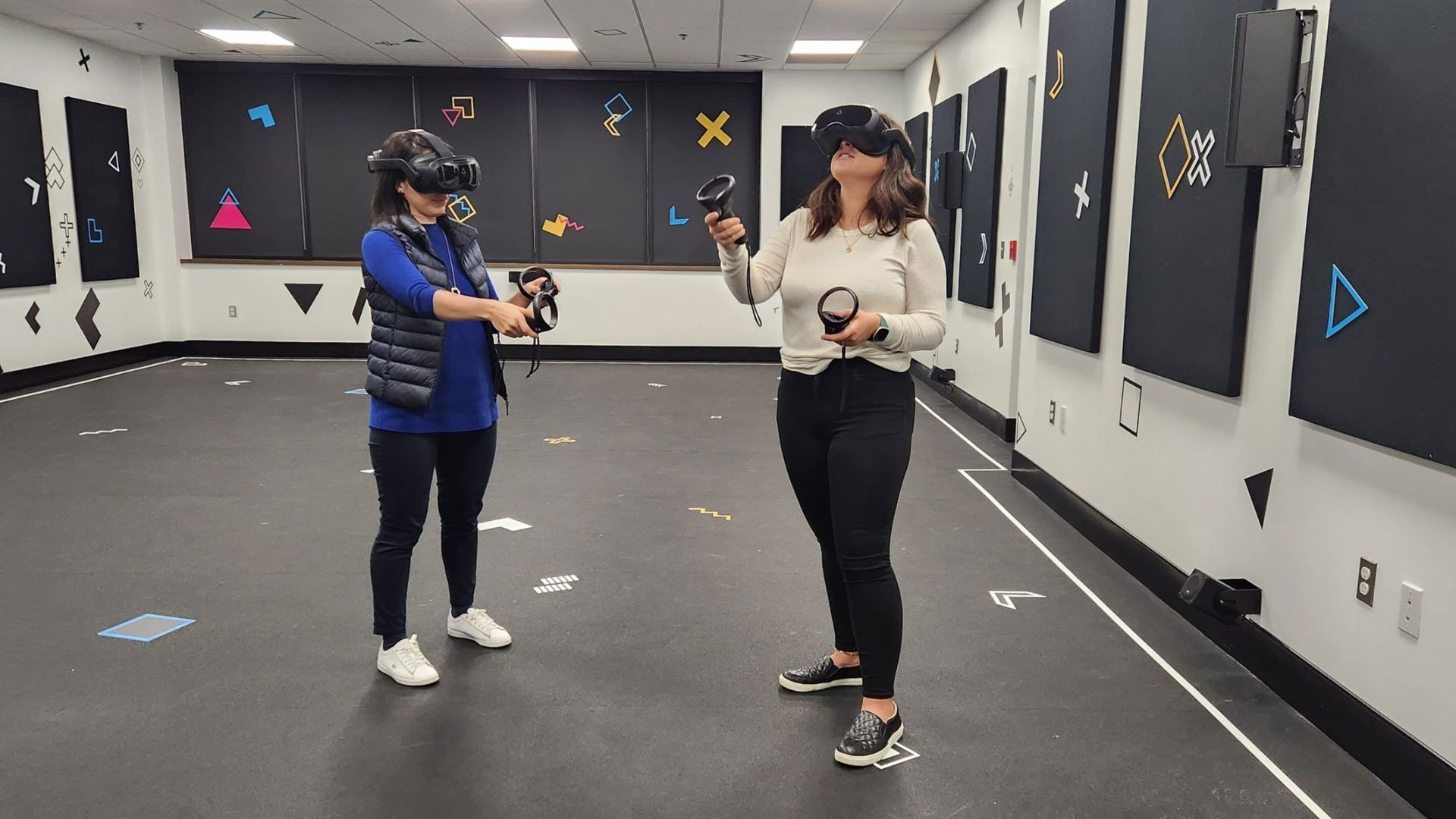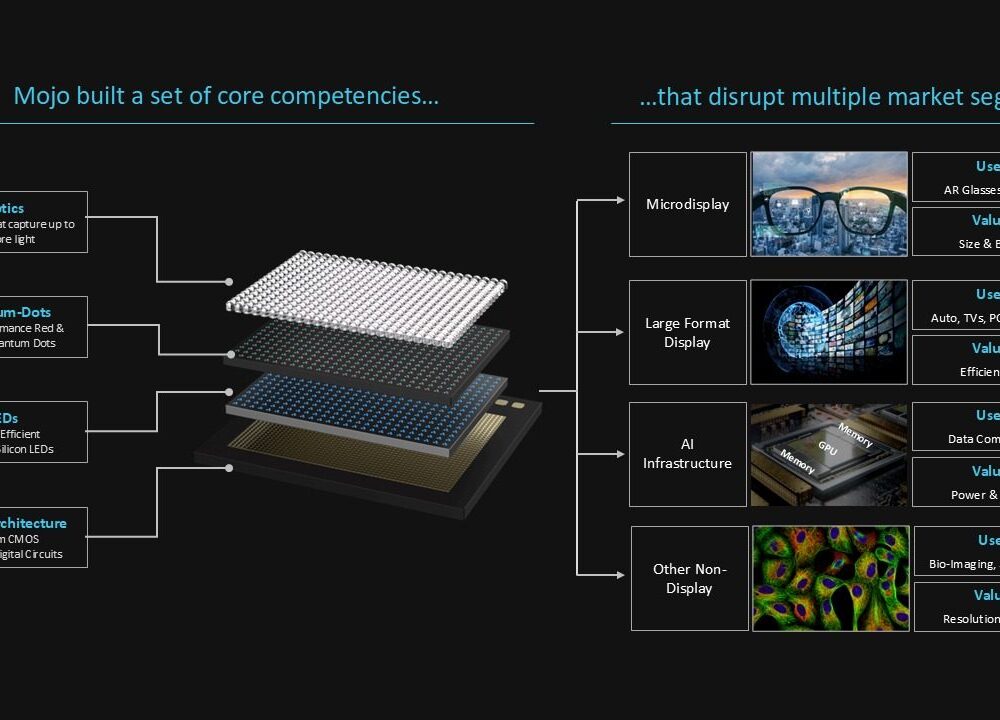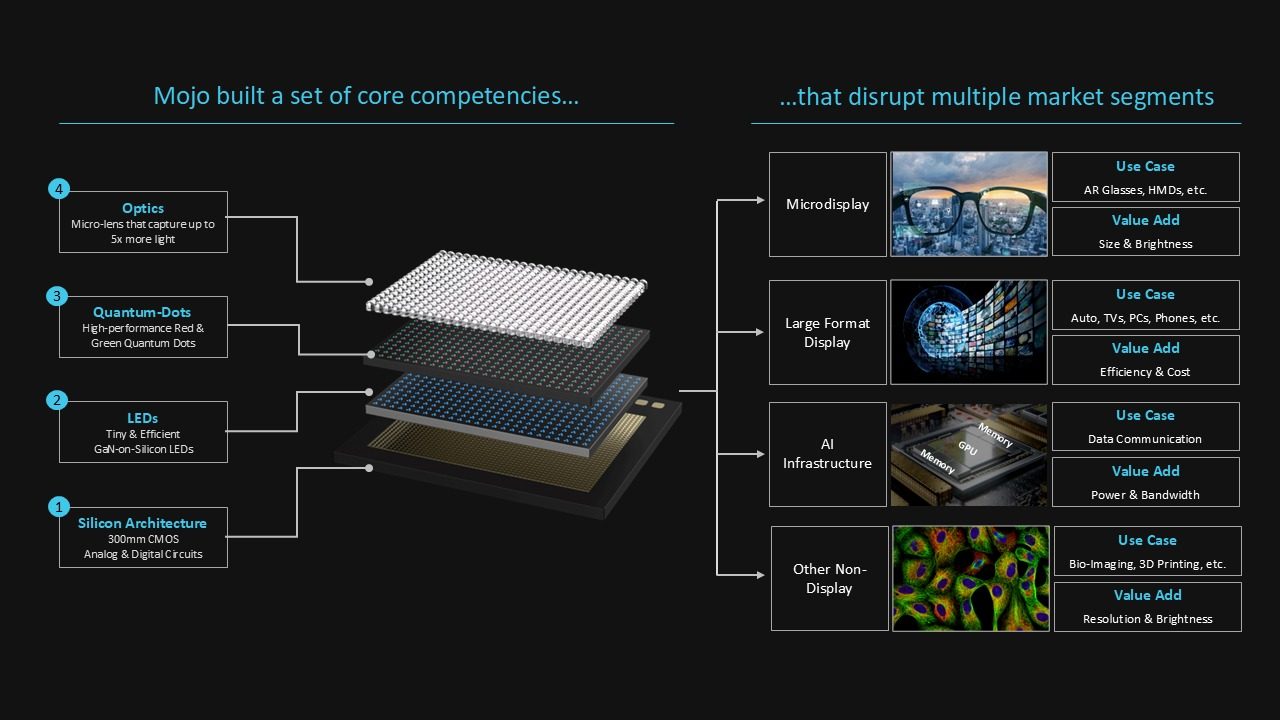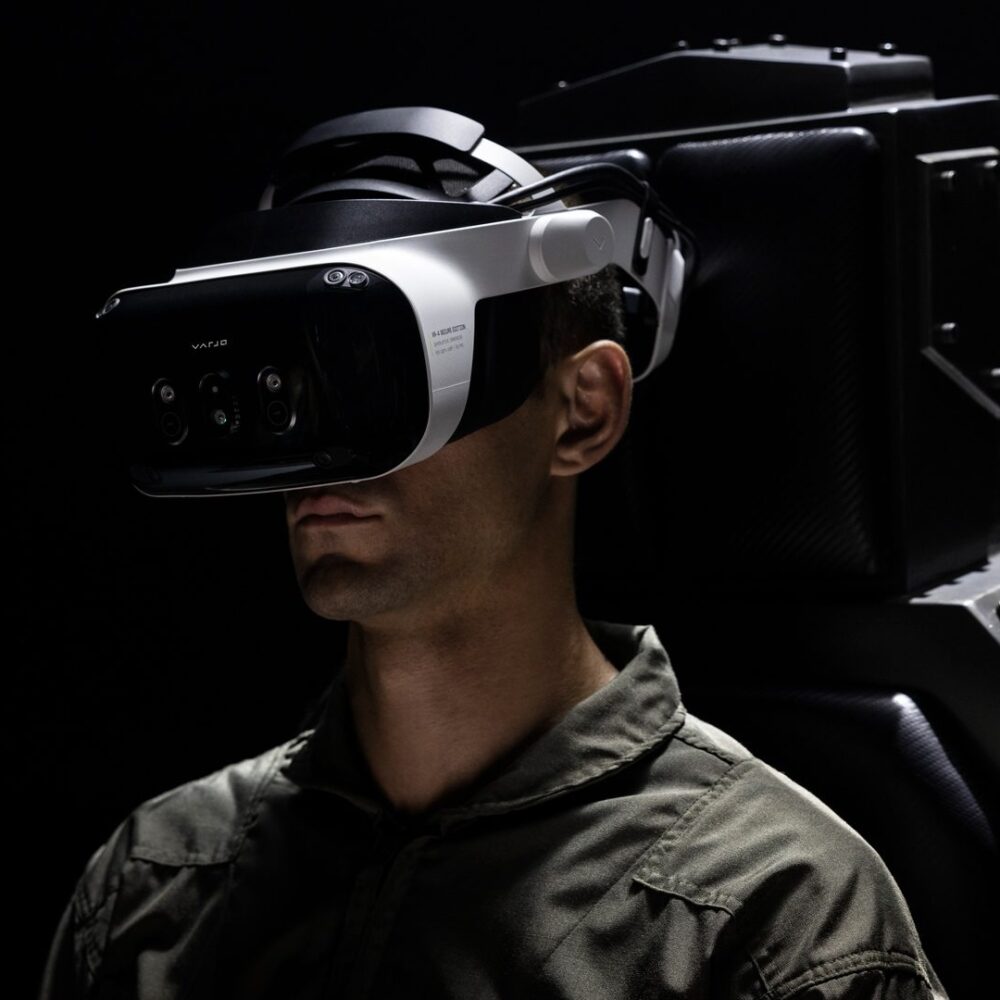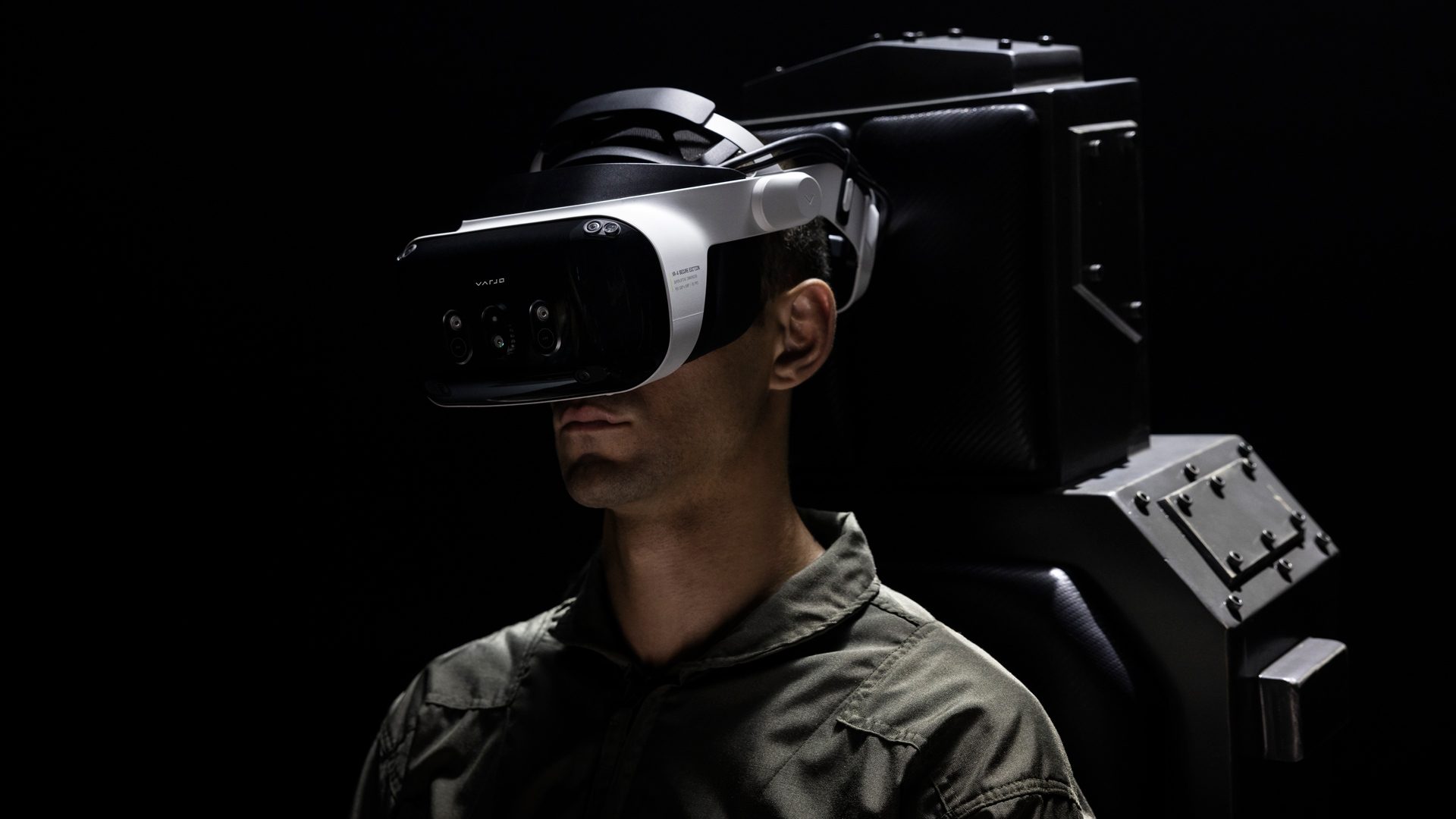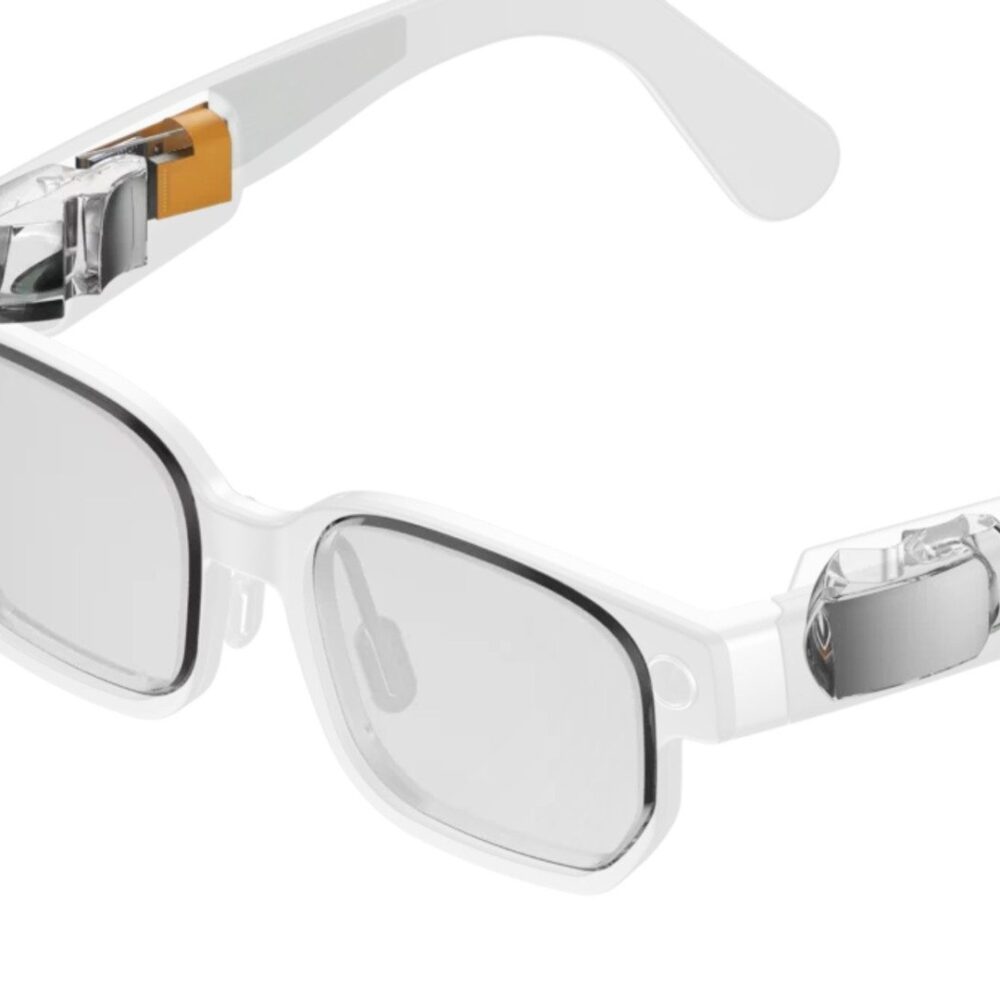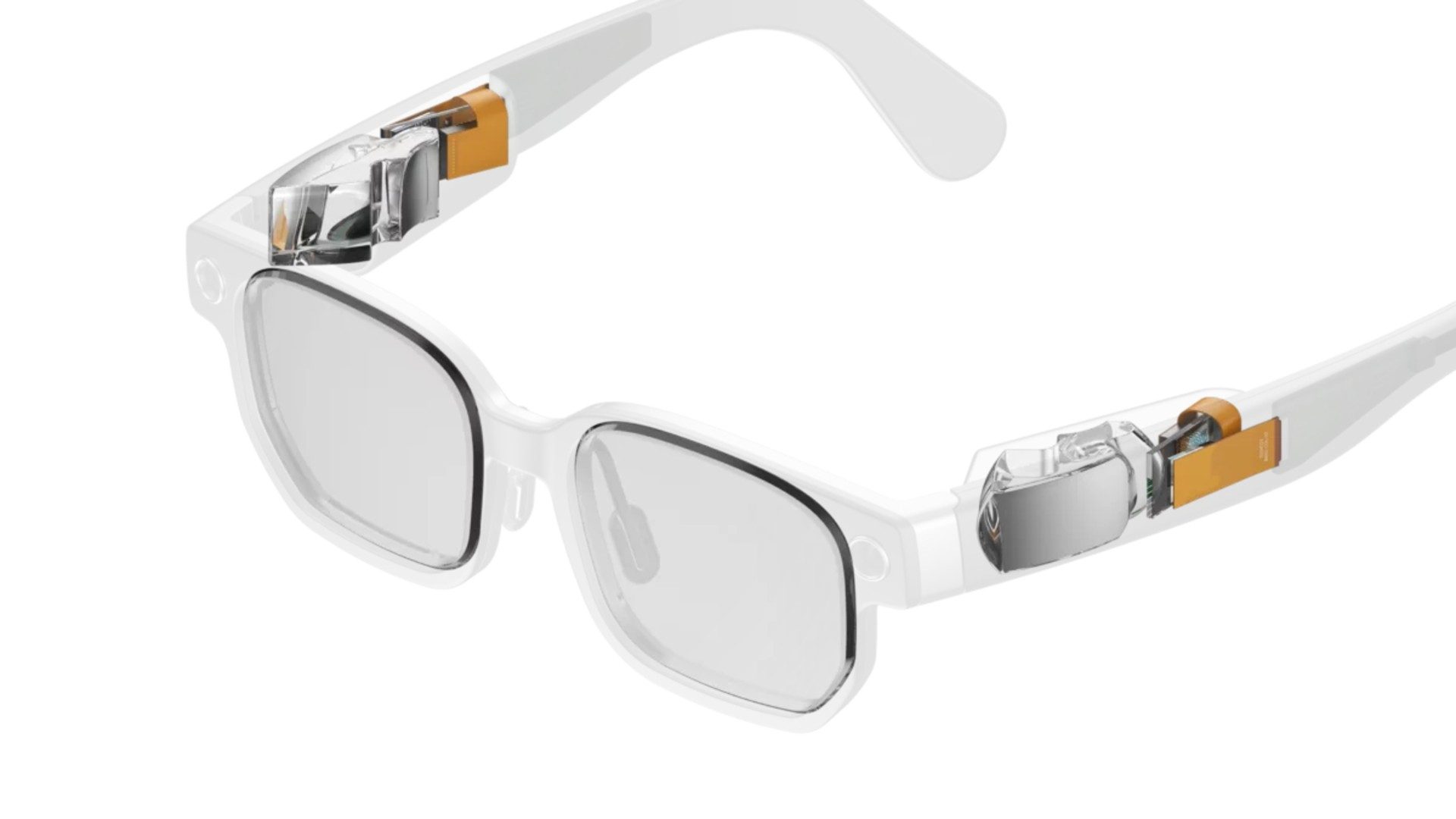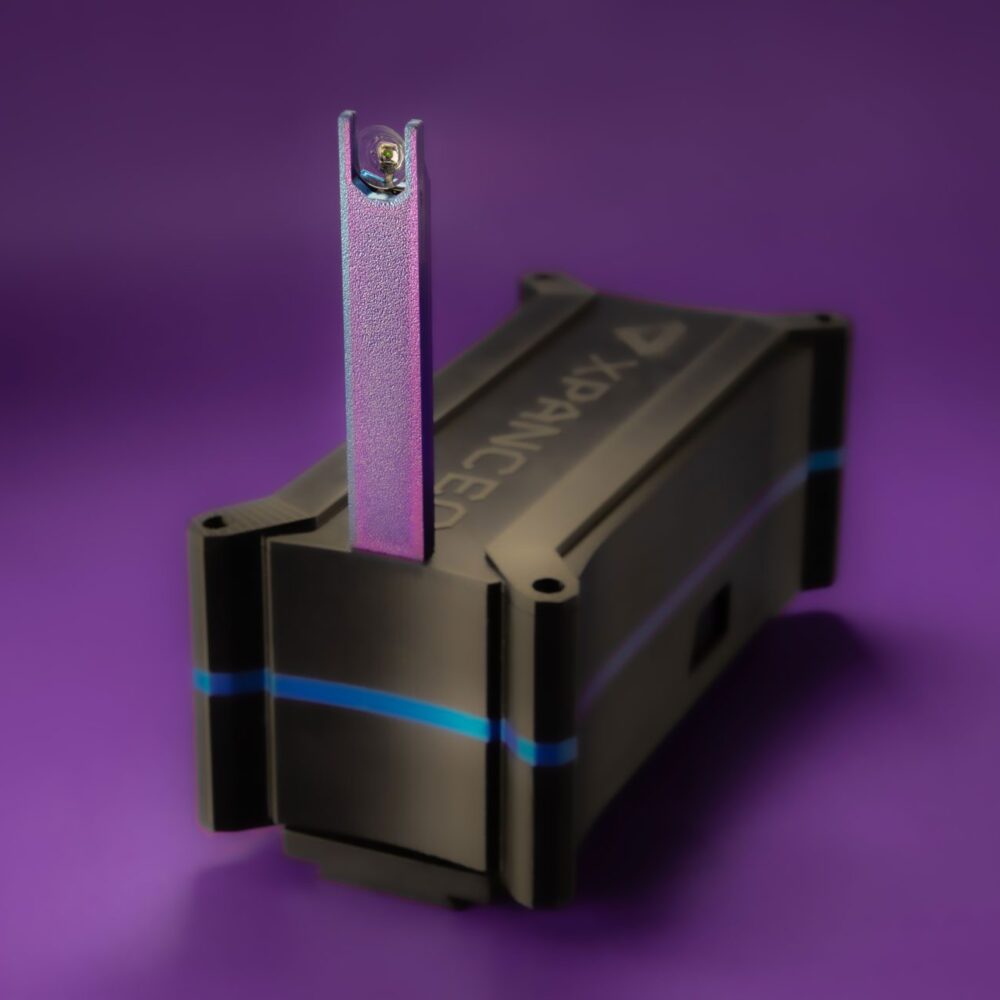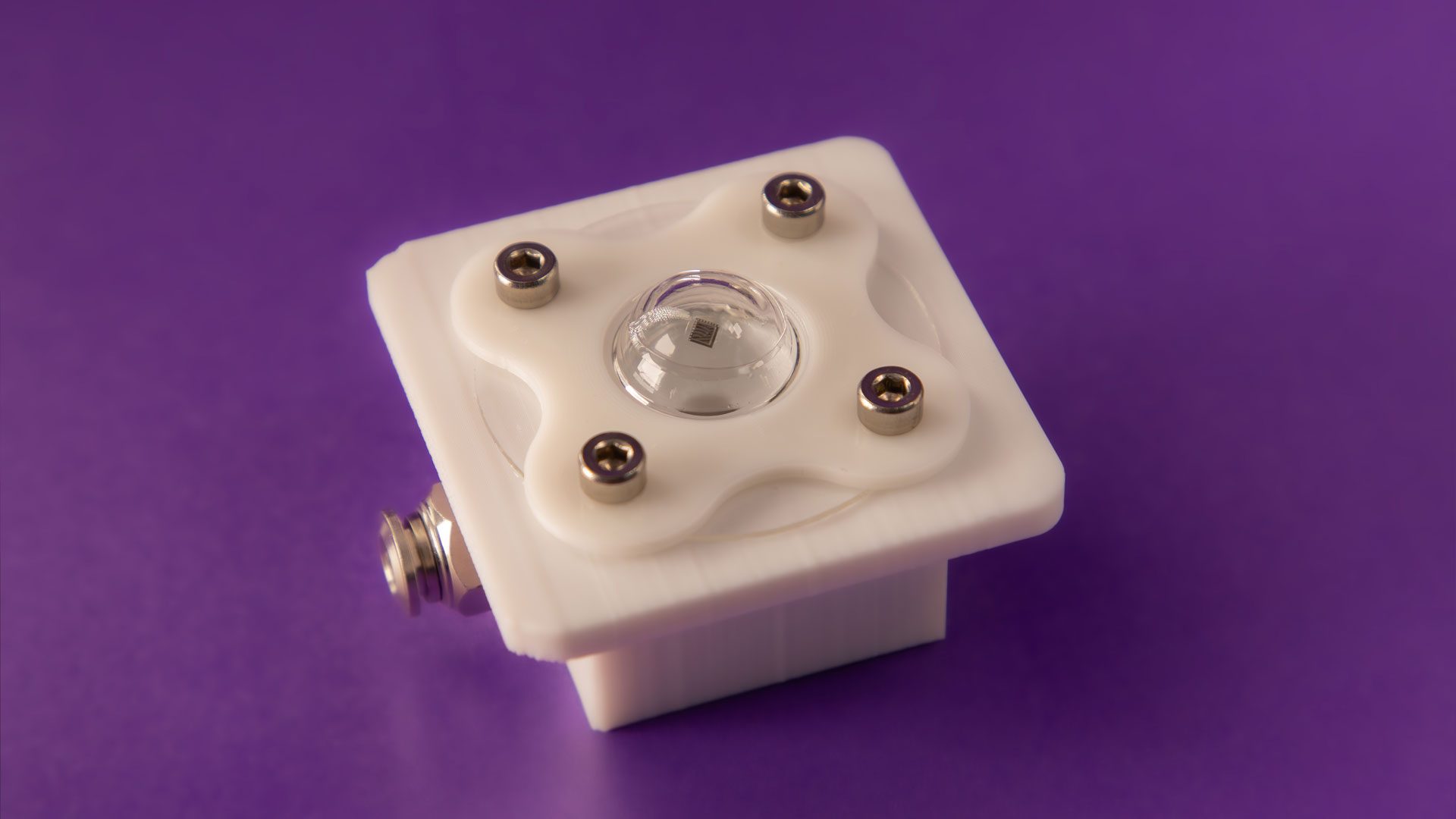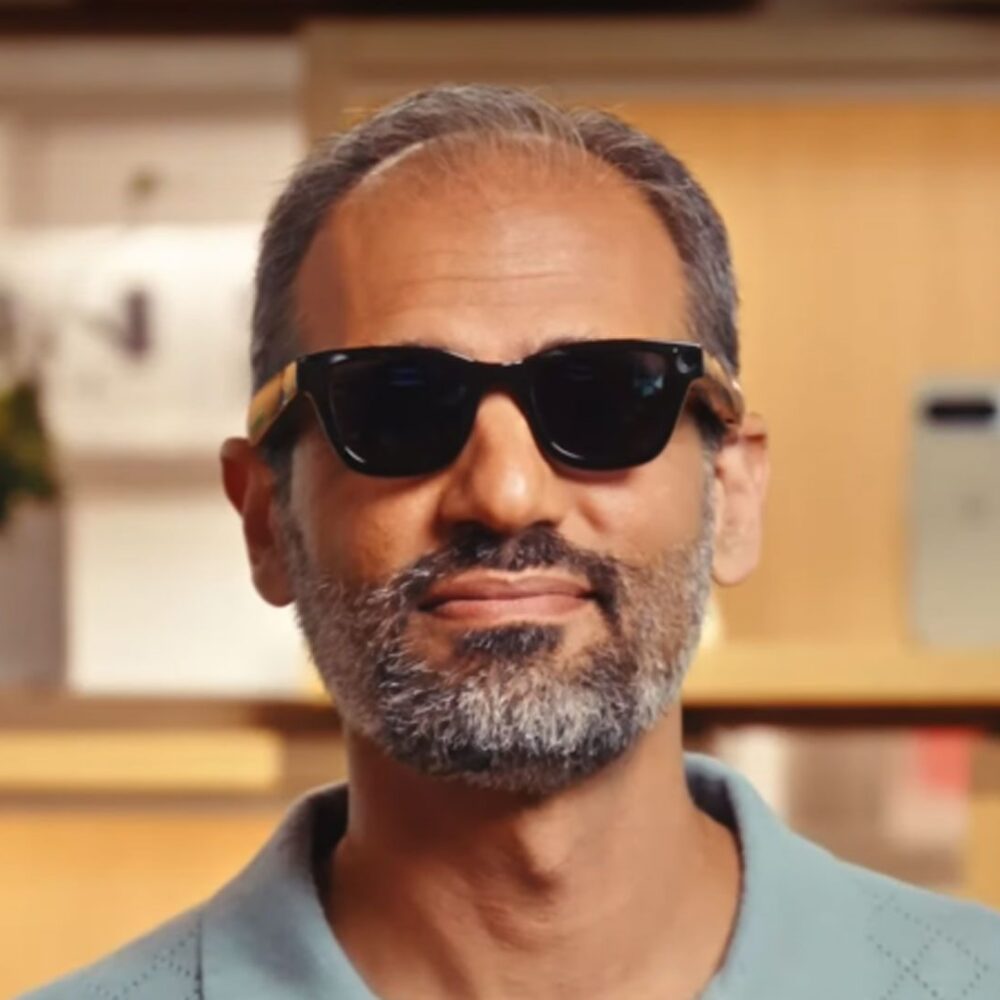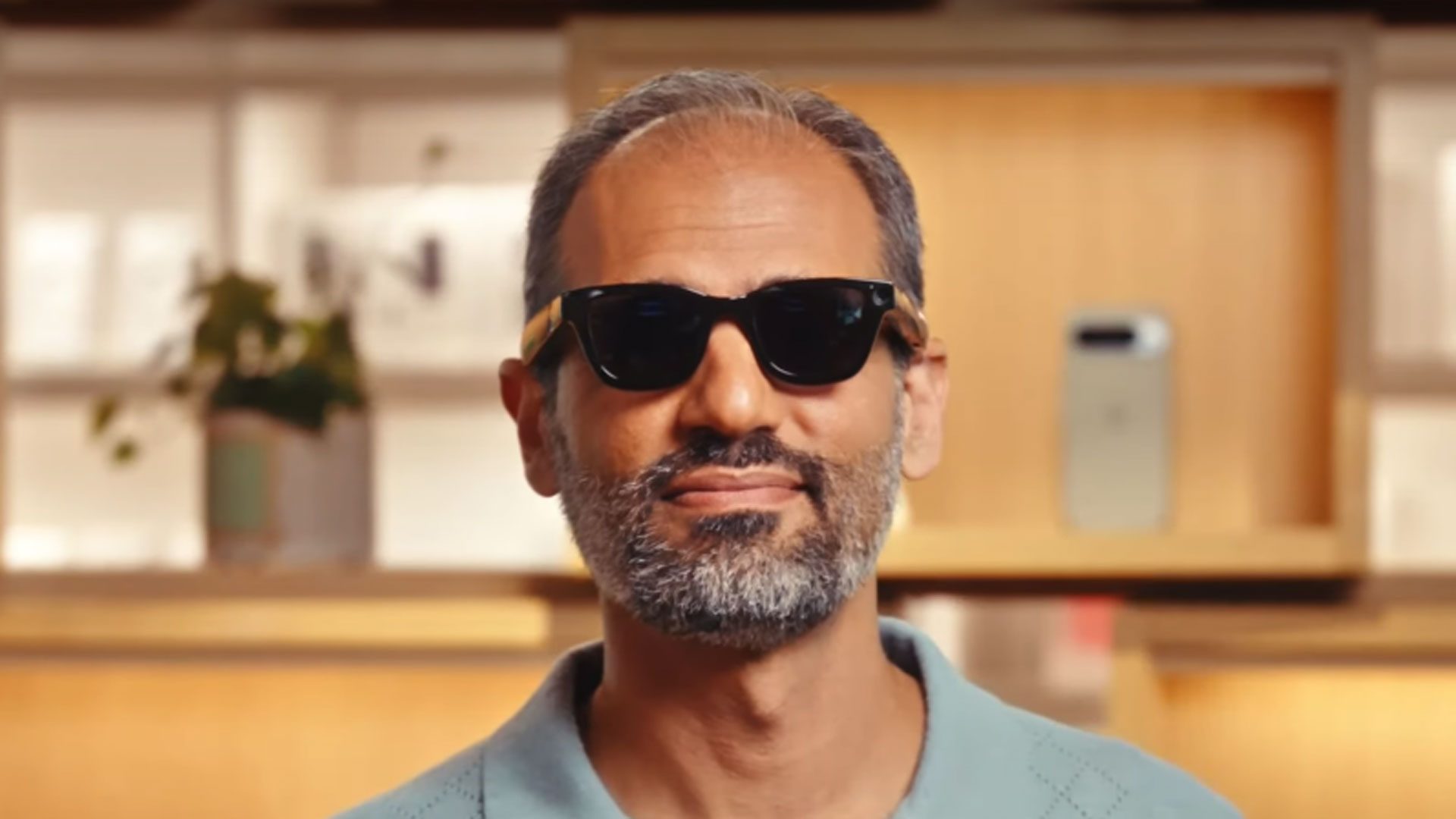Sesame, an AI and smart glasses startup founded by former Oculus execs, raised $250 million in Series B funding, which the company hopes will accelerate its voice-based AI.
The News
As first reported by Tech Crunch, lead investors in Sesame’s Series B include Spark Capital and Sequoia Capital, bringing the company’s overall funding to $307.6 million, according to Crunchbase data.
Exiting stealth earlier this year, Sesame was founded by Oculus co-founder and former CEO Brendan Iribe, former Oculus hardware architect Ryan Brown, and Ankit Kumar, former CTO of AR startup Ubiquity6. Additionally, Oculus co-founder Nate Mitchell announced in June he was joining Sesame as Chief Product Officer, which he noted was to “help bring computers to life.”
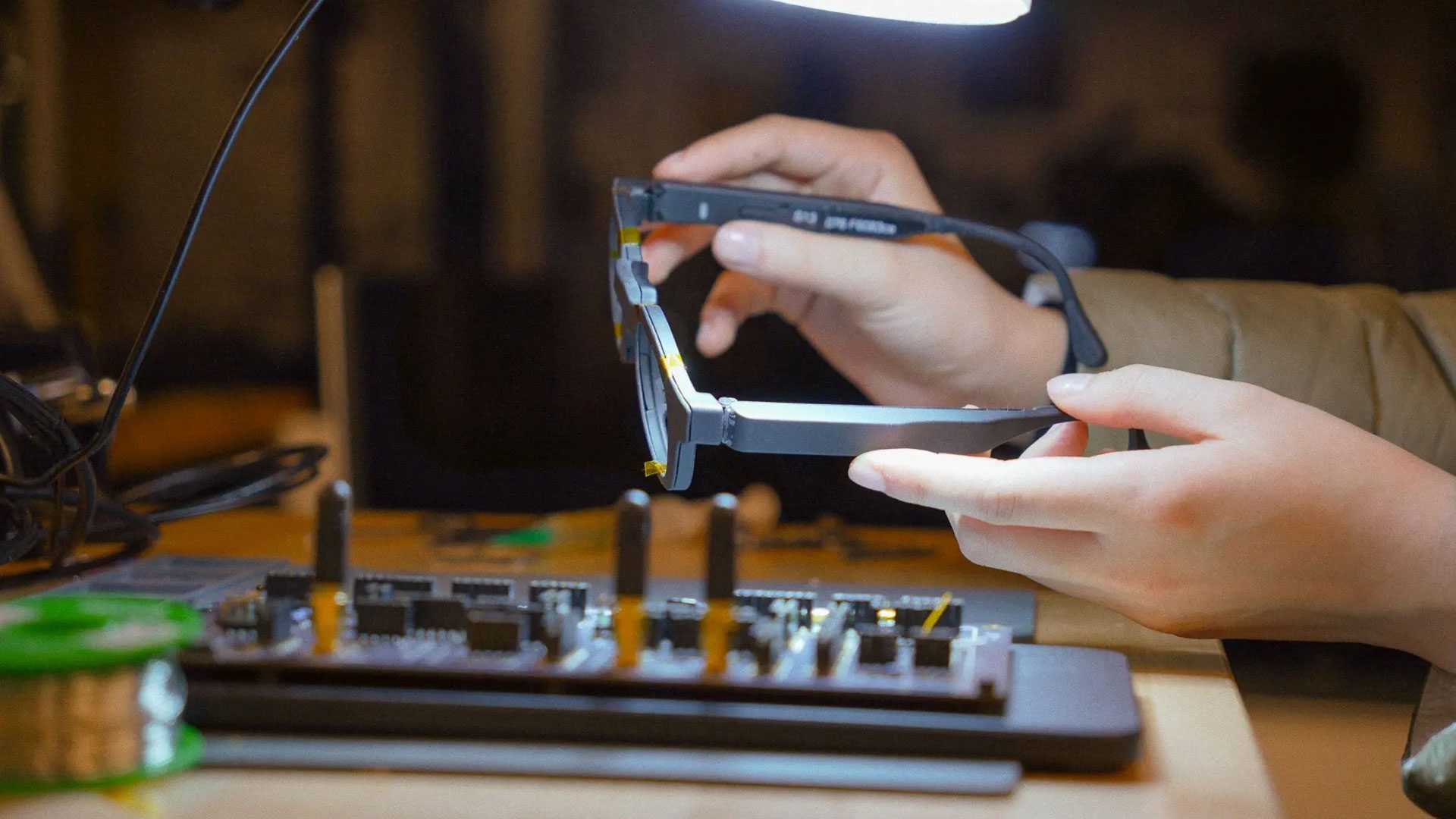
Sesame is currently working on an AI assistant along with a pair of lightweight smart glasses. Its AI assistant aims to be “the perfect AI conversational partner,” Sequoia Capital says in a recent post.
“Sesame’s vision is to build an ambient interface that is always available and has contextual awareness of the world around you,” Sequoia says. “To achieve that, Sesame is creating their own lightweight, fashion-forward AI-enabled glasses designed to be worn all day. They’re intentionally crafted—fit for everyday life.”
Sesame is currently taking signups for beta access to its AI assistants Miles and Maya in an iOS app, and also has a public preview showcasing a ‘call’ function that allows you to speak with the chatbots.
My Take
Love it or hate it, AI is going to be baked into everything in the future, as contextually aware systems hope to bridge the gap between user input and the expectation of timely and intelligent output. That’s increasingly important when the hardware doesn’t include a display, requiring the user to interface almost entirely by voice.
Some things to watch out for: if the company does commercialize a pair of smart glasses to champion its AI assistant, it will be competing for some pretty exclusive real estate that companies like Meta, Google, Samsung, and Apple (still unconfirmed) are currently gunning for. That puts Sesame at somewhat of a disadvantage if it hopes to go it alone, but not if it’s hoping for a timely exit into the coming wave of smart glasses by being acquired by any of the above.
There’s also some pretty worrying precedent in the rear view mirror too: e.g. Humane’s AI Pin or AI Friend necklace, both of which were publicly lambasted for essentially releasing hardware that could just as easily have been apps on your smartphone.
Granted, Sesame hasn’t shown off its smart glasses hardware yet, so there’s no telling what the company hopes to bring to the table outside of the having an easy-to-wear pair of off-ear headphones for all-day AI stuff—that, to me, would be the worst case scenario, as Meta refines its own smart glasses in partnership with EssilorLuxottica, Google releases Android XR frames with Gentle Monster and Warby Parker, Samsung releases its own Android XR glasses, and Apple does… something. We don’t know yet.
Whatever the case, I’m looking forward to it, if only based on the company’s combined experience in XR, which I’d argue any startup would envy as the race to build the next big computing platform truly takes off.
